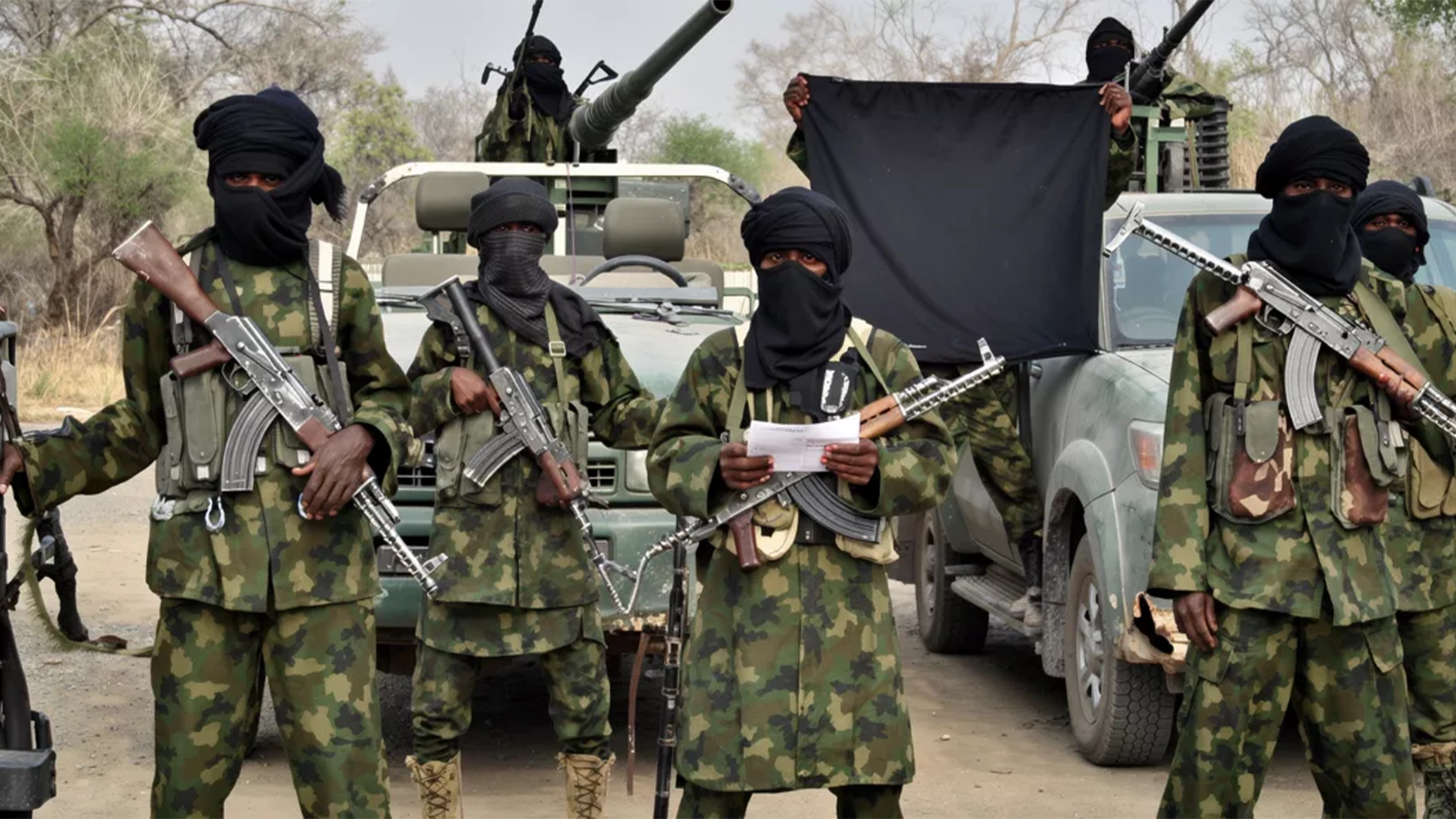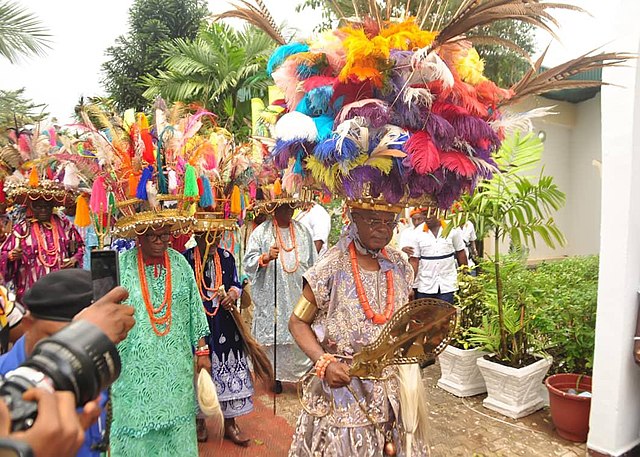• ‘Election in Nigeria among cheapest in W’Africa’
• FG reaffirms its commitment to diaspora voting
Peering Advocacy and Advancement Centre in Africa (PAACA) has revealed that Nigeria spends only about $8 per voter on its elections, making the country’s polls among the least expensive in West Africa.
The organisation said the clarification became necessary due to widespread misconceptions that elections in Nigeria were among the costliest in the world.
PAACA made its observation just as the Federal Government, at another forum, reaffirmed its commitment to ensuring the participation of Nigerians in the diaspora in the forthcoming 2027 general elections.
The Executive Director of PAACA, Ezenwa Nwagwu, who represented the centre at a one-day town hall meeting it organised in Sokoto to sensitise key actors on key electoral reforms introduced by the Independent National Electoral Commission (INEC) ahead of the 2027 general elections, said the meeting was organised with support from MacArthur Foundation for representatives of security agencies, the media, civil society organisations, and other stakeholders.
Citing data from the ECOWAS Network of Electoral Commissions, Nwagwu said the figures show that Nigeria’s elections were far cheaper than those of many neighbouring countries, adding that the perception of excessive spending was often driven by misinformation and the lack of data.
“Data published by ECOWAS Network of Electoral Commissions, which studied the cost of elections in the ECOWAS region, indicates that Nigeria’s elections are among the least expensive, with the country spending about $8 per voter”, he said.
According to him, there is a need for discussion on elections to be evidence-based, explaining that elections are guided by laws while urging stakeholders to study the laws to engage knowledgeably in electoral issues, rather than rely on misinformation.
The INEC’s Resident Electoral Commissioner in Sokoto State, Umar Yusuf Garba, said the 2023 elections provided valuable lessons, showing progress in voter education, technology deployment, and stakeholder engagement.
Represented by the Head of Voter Education and Publicity, Abdullahi Sale Dawa, the REC, however, observed that building a credible electoral system required collective effort from political actors, civil society, the media, the judiciary, security agencies, and the electorate.
Meanwhile, the Federal Government has reaffirmed its commitment to ensuring the participation of Nigerians in the diaspora in the forthcoming 2027 General Elections, according to the Special Adviser to President Bola Ahmed Tinubu on Capacity Development, Sadiq Rabiu.
Speaking at a Town Hall meeting with the theme, “Will Nigeria’s Diaspora be Silenced Again in 2027,” organised by News Central TV, Rabiu declared that the Tinubu administration of Renewed Hope Agenda would prioritise diaspora participation in governance, investment, and national development.
“The story of Nigeria is changing, and the diaspora will no longer be silenced in the future of our democracy. The Nigerian diaspora is not a fringe community. You are doctors saving lives in America, engineers driving innovation in Europe, entrepreneurs creating wealth in Asia, and scholars shaping knowledge across the world. You are one of Nigeria’s greatest assets,” he said.






